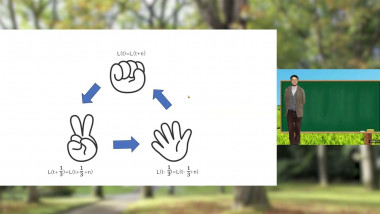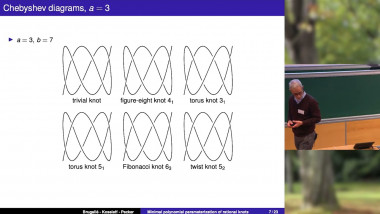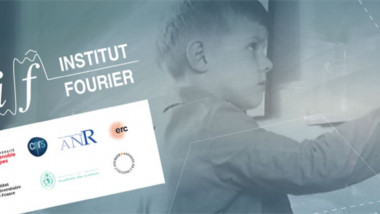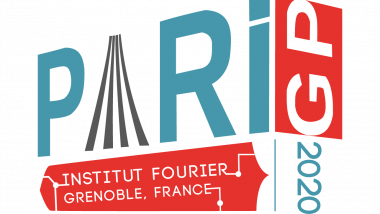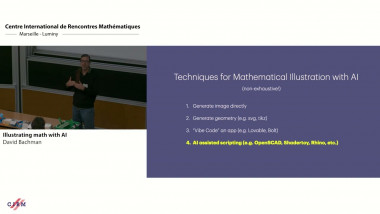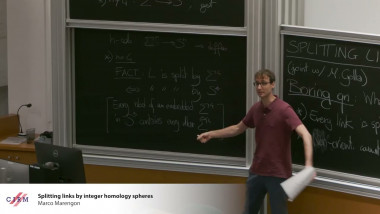Appears in collection : 2025 - T2 - WS1 - Higher rank geometric structures, Higgs bundles and physics
A divisible convex set is a proper open subset of real projective space that admits a cocompact action by a discrete subgroup of the projective linear group. The most well-known example is hyperbolic space, embedded in projective space via the Klein model, but there also exist examples that are not Riemannian symmetric spaces. The study of such objects is known as the theory of divisible convex sets and has been developed since the 1960s. A generalization to the case where the ambient space is no longer real projective space but an arbitrary flag manifold $G/P$ was initiated by A. Zimmer. A question asked by Limbeek and Zimmer is whether there exist examples of divisible convex sets in $G/P$ that are not symmetric. In a number of cases, it has been shown that no such examples exist; this phenomenon is referred to as rigidity. The goal of this talk is to understand in what sense this rigidity is a higher-rank phenomenon. Our analysis will be based on a key example in which rigidity can be observed—namely, the Lorentzian Einstein universe—which is part of a collaboration with A. Chalumeau.

